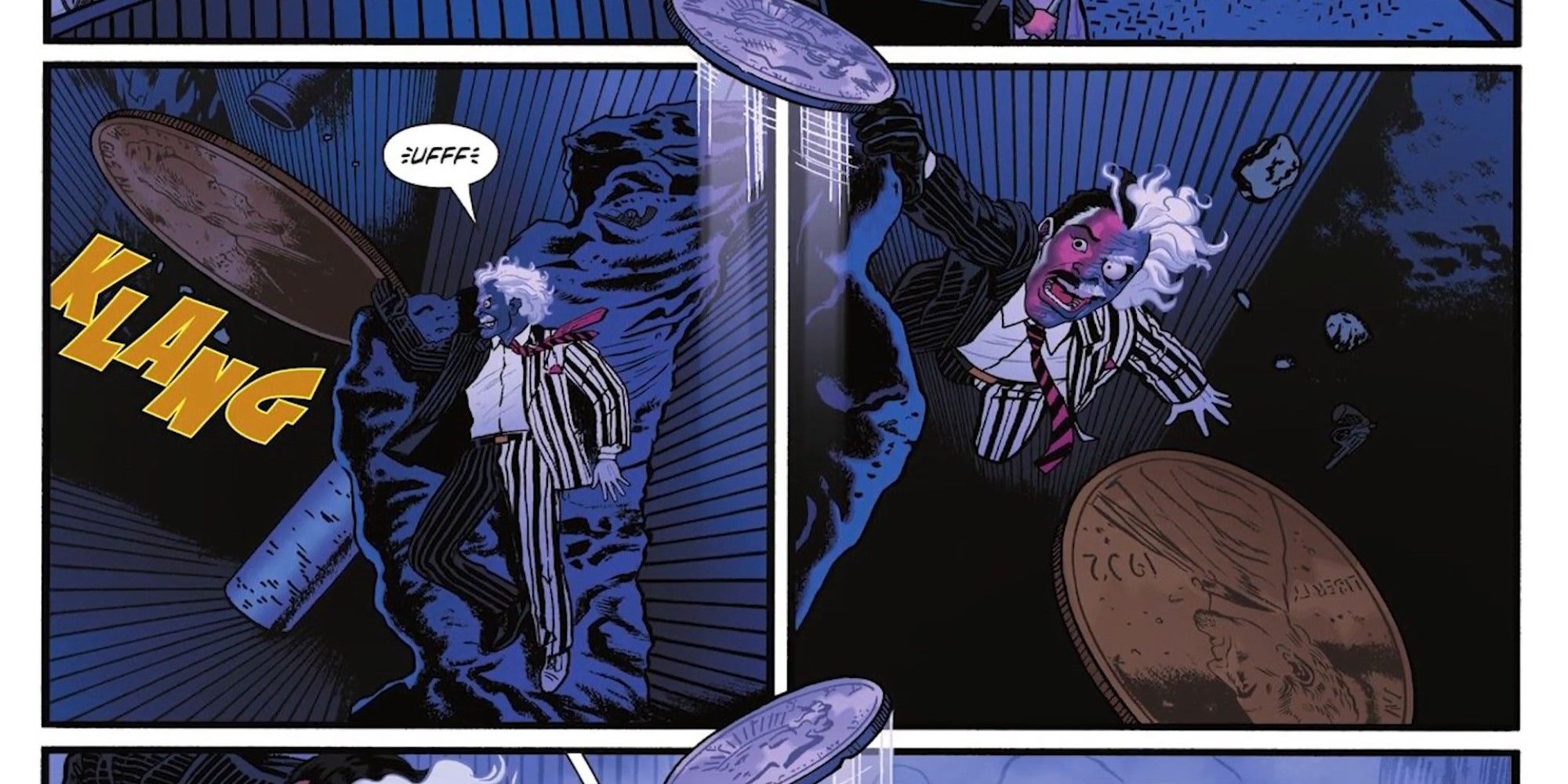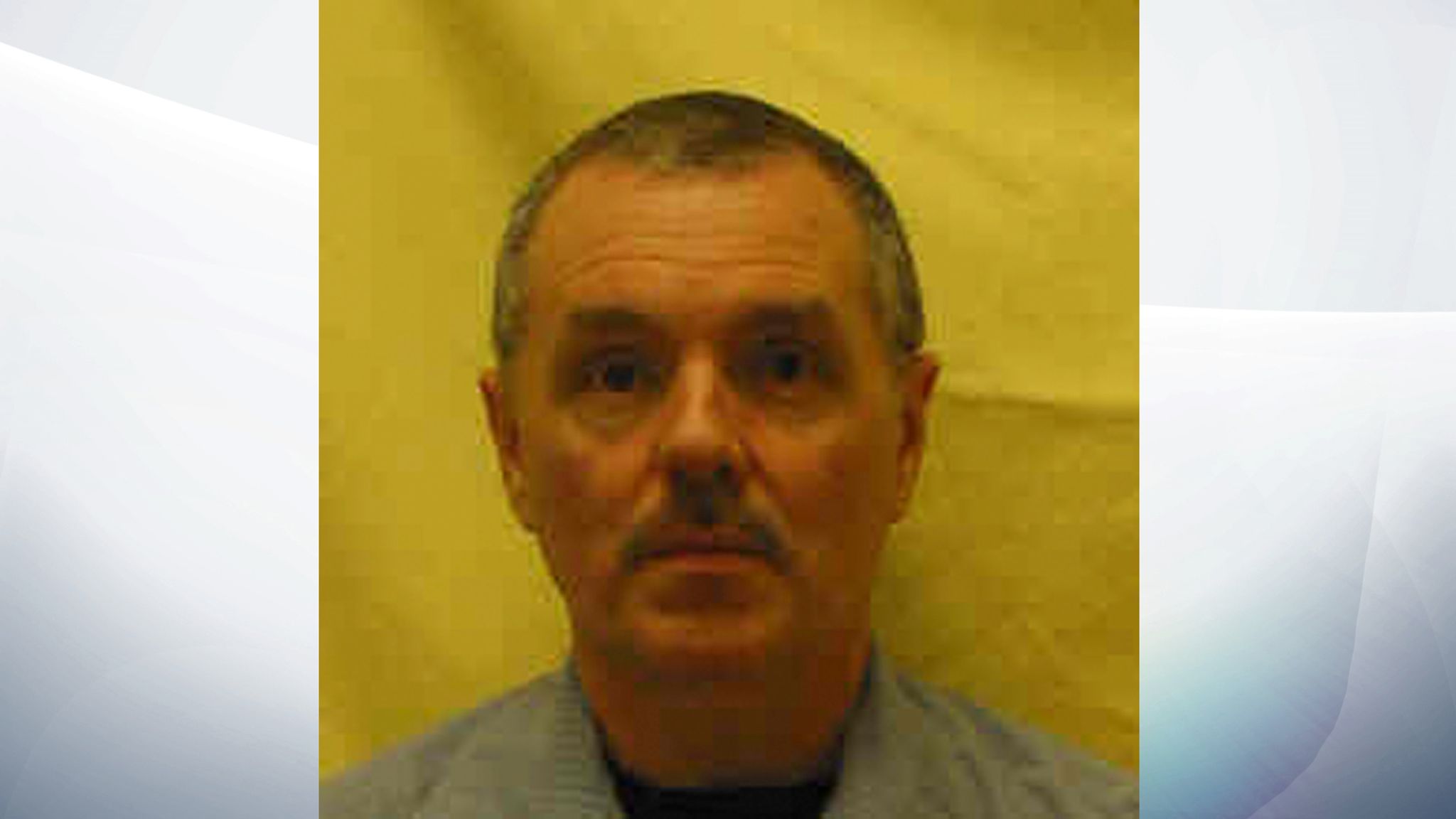Steve Harvey Death Hoax: Debunking The False Rumors - Google Discover
Is Steve Harvey truly gone, or is it just another cruel twist of the internet's rumor mill? The answer, unequivocally, is no; Steve Harvey is alive and well, and the reports of his demise are nothing more than a fabricated hoax designed to spread misinformation.
The digital landscape, particularly social media platforms, has become fertile ground for the rapid dissemination of unverified information. Death hoaxes, a particularly insidious form of online falsehood, have become increasingly prevalent, preying on the public's vulnerability and fascination with celebrity figures. These hoaxes typically gain traction through sensationalized headlines and misleading content, often designed to capitalize on emotional responses and generate viral engagement. In the case of Steve Harvey, the latest round of rumors began circulating online, causing widespread confusion and concern among his fans and the general public. These rumors, mirroring a pattern of similar incidents, were quickly debunked by reliable sources, including the man himself, who often uses social media to counter such claims.
The origins of these rumors often trace back to a variety of sources, from questionable news websites to deceptive social media posts. For example, a video posted on YouTube in December 2022 falsely claimed Harvey's passing, echoing similar claims that have surfaced in the past. Further fueling the speculation, a Facebook page associated with Harvey attracted nearly one million likes, while the "about" section of the page offered a fabricated account of the actor's passing. These fabricated accounts are often designed to appear authentic, thereby lending an air of credibility to the false claims.
- Exploring We Did Not Find Results For Insights Info
- Natalie Portman Sex Scenes Everything You Need To Know Where To Watch
Moreover, the deceptive tactics employed by those spreading these hoaxes extend to advertising. Reports indicate that the company Meta, the parent company of Facebook, had accepted money from advertisers promoting death hoaxes about Harvey for months in 2024. This practice, which exposes a lack of stringent controls over the content promoted on its platforms, enables the spread of misinformation and poses a threat to public trust. These activities not only create a false image of a person's death but also can manipulate the platform's algorithm to spread these hoaxes further.
Here's a more detailed look at the man behind the rumors:
| Category | Details |
|---|---|
| Full Name | Broderick Stephen Harvey |
| Born | January 17, 1957 (age 67) in Welch, West Virginia, U.S. |
| Nationality | American |
| Occupation | Comedian, Television Host, Actor, Author, Entrepreneur |
| Known For | Hosting "The Steve Harvey Show", "Family Feud", "Celebrity Family Feud", "Miss Universe" (2015-2023), Author of "Act Like a Lady, Think Like a Man" |
| Spouse(s) | Marcia Harvey (m. 1980; div. 1994) Mary Shackelford (m. 1996; div. 2005) Marjorie Bridges-Harvey (m. 2007present) |
| Children | 7 (3 biological, 4 stepchildren) |
| Education | Kent State University (Attended, but did not graduate) |
| Awards and Honors | Daytime Emmy Awards (Multiple Wins), Mark Twain Prize for American Humor (2019) |
| Official Website (Reference) | SteveHarvey.com |
This is, by no means, the first time rumors of Harvey's death have surfaced. In October 2024, similar reports falsely claimed he had died in a car accident. Prior to that, in March 2023, a misleading YouTube video asserted that the "Family Feud" host had "suddenly died at home" at the age of 66. The persistence of these rumors demonstrates that the individuals or groups behind them continue to generate fake content, hoping to capitalize on the widespread attention that celebrity death hoaxes often attract. His popularity has allowed him to grow his business in a diverse way. He is involved in many different aspects of media.
- Big Bear Lake Filming Locations Your Guide To Movie Sets
- Teenage Fashion Photo Shoot More Whats Trending Today
While the intent behind these hoaxes may vary, the consequences are clear: they contribute to the erosion of trust in online information and cause undue distress to the individuals targeted. Harvey has shown himself to be an active participant in the online space and has used his platforms to counter such claims. His online presence and public response to these hoaxes have shown him to be a witty personality. Social media users and his admirers have reacted with amusement and see it as the perfect way to counter the rumors.
The impact of death hoaxes extends beyond the immediate emotional distress they cause. They also contribute to a culture of misinformation, making it more difficult to distinguish between truth and falsehood. By constantly encountering fake news, individuals may become desensitized to the importance of verifying information before sharing it, inadvertently contributing to the spread of false narratives. This, in turn, undermines the credibility of legitimate news sources and the public's trust in institutions.
The proliferation of death hoaxes underscores the need for greater media literacy and critical thinking skills. Individuals should be taught to question the information they encounter online, especially if it seems too sensational or emotionally charged. Before sharing or reacting to a news item, it is essential to verify the source and cross-reference it with other reputable outlets. Learning to discern credible information from misleading content is critical in navigating the digital age. This can be done by consulting multiple sources and verifying the validity of the news.
The origins of these hoaxes can sometimes be traced back to the desire to go viral. It's a quick way to attract attention and, for some, build a following. The potential financial incentives associated with viral content from advertising revenue to affiliate marketing may further drive the creation and distribution of deceptive material. Social media platforms, meanwhile, are under increasing pressure to develop effective methods of filtering and removing such content. This is a difficult task, as these platforms must balance freedom of speech with their responsibility to protect users from misinformation. Often the speed at which hoaxes are made and spread creates a situation where the platforms are playing catch up.
Beyond Steve Harvey, the digital world has seen the spread of many death hoaxes. The late television director and educator Laidman's death was wrongly attributed to Harvey in some posts. These hoaxes are harmful to the deceased and the person whose identity has been stolen. These can be extremely damaging to the individual's reputation and can lead to real-world consequences, such as the disruption of business or personal relationships. The case of Rachel Harvey, who tragically died by suicide, highlights the sensitivity surrounding death and the importance of handling such information with care and respect. Her mother's words capture the essence of her personality. The importance of the correct reporting on the details is critical to avoid any further trauma and grief.
Even in fictional contexts, such as the science fiction show "Farscape," characters can be subject to identity appropriation. The character "Harvey," a neural clone of Scorpius existing in the mind of John Crichton, underscores the potential for manipulating perceptions and realities. The fictional character adds another layer of complexity to the theme of misinformation, blurring the boundaries between reality and illusion. The "Harvey" within Crichton is a result of a neural chip placed in Crichton's brain. This shows the extent that fiction can have a part in manipulating someone's perception of reality.
The proliferation of misinformation, fueled by social media, creates a need for increased media literacy to spot fake news. Death hoaxes are designed to go viral through sensationalism and misleading content. This damages trust in the media and causes emotional distress. It is vital for individuals to confirm the source before trusting any claims. This can be done by checking multiple news sources before believing any news item.



Detail Author:
- Name : Prof. Felton Cruickshank Sr.
- Username : ukuhic
- Email : luella84@yahoo.com
- Birthdate : 1999-11-05
- Address : 4759 Kuhn Plains Orinburgh, MD 24938
- Phone : +1-872-935-9259
- Company : Wisoky, Monahan and Anderson
- Job : Bartender
- Bio : Ut quo voluptas dolore aliquid. Amet ipsum sit et et autem quis ducimus odit. Laboriosam magni quia inventore reiciendis.
Socials
tiktok:
- url : https://tiktok.com/@camila_moore
- username : camila_moore
- bio : Eveniet voluptatem reiciendis consequuntur dignissimos ut.
- followers : 952
- following : 176
linkedin:
- url : https://linkedin.com/in/moorec
- username : moorec
- bio : Vel iure tempora consequatur eos dolores officia.
- followers : 6319
- following : 945